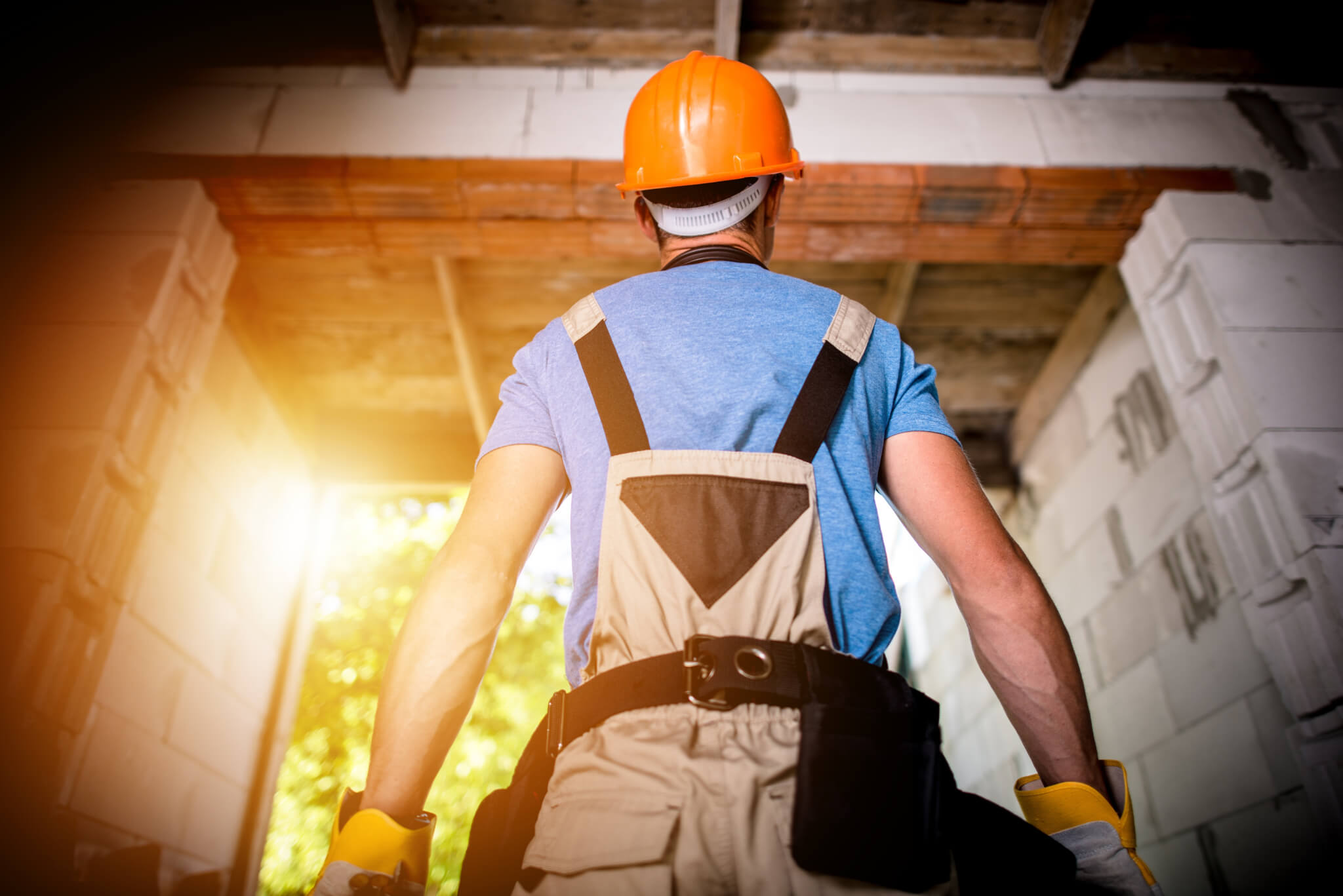May 18, 2023
Residential construction is an exciting, lucrative and booming business. While rewarding, the work can come with massive professional and personal liability that home builders must understand, manage and mitigate when possible. Home builders can also face additional risks if there is land that must be developed or cleared in order to build infrastructure.
In this article, we’ll review top risks that home builders face in this thriving industry and resources available to help manage them.
Injury and Property Damage
Injuries on the job site are a real and valid concern for home builders for a variety of reasons, including increased liability. Anyone can get hurt on a residential job site, so it is vitally important for home builders to understand and secure insurance coverage to fully protect their project and business.
- General liability insurance covers bodily injury and property damage. In the event a third party is injured on a residential jobsite, this type of coverage can protect home builders from having to pay expensive medical bills and court fees.
- Workers compensation insurance helps provide medical and disability benefits in the event a company employee or contractor is injured on a jobsite. Many states require businesses to have workers compensation coverage.
- Builder’s risk insurance policies offer protection for buildings in the construction phase, including weather-related events, explosions, theft/vandalism and equipment damage.
No matter the scope of a home construction project, it is vital to understand and secure insurance coverage before work begins to ensure the health of your clients, employees and business. Read Part 1 of AIA Contract Documents article series “How to Manage Risk Using Construction Insurance & Bonds” to learn more about the available insurance coverages in construction projects.
Faulty Work
Construction companies can face a claim from their clients if their work is deemed not up to federal, state or local regulations. Faulty work can also damage the reputation of the home builder and make it difficult to attract potential clients.
According to International Risk Management Institute, license and permit bond “is one that is required by a municipality or other public body as a condition to granting a license or permit to engage in a specified activity; this bond guarantees that the party seeking the license or permit (the obligor) will comply with applicable laws or regulations.” Acquiring these types of bonds demonstrates your commitment to abide by building regulations and helps cover you in the case that a mistake does occur.
Economic Impacts
Post-pandemic effects, impending recession, inflation and housing affordability have significant impacts on home builders. Rising material costs and skilled labor shortages have been plaguing the construction industry for years now. According to Home Builders Institute, the industry needs 2.2 million more workers through 2024 or 61,000 new hires per month to keep up with market demand. Learn more about economic impacts here: HBI_Fall_Construction_Labor_Market_Report.
Local Land Use
Environmental regulations, zoning laws, residential permitting and fees are of increasing concern for home builders. Development standards and review can also cause delays on residential projects. National Association of Home Builders provides resources to home builders regarding local land-use, including latest news, tools, guides and more: Land Use 101.
Additionally, there can be confusion regarding who obtains and covers the costs associated with residential permits. AIA Contract Documents agreements A111™– 2021, Owner and Home Builder Agreement for Construction of a Single Family Home and A112™– 2021, Owner and Home Builder Agreement for Design and Construction of a Single Family Home specify the Home Builder is responsible for obtaining the proper permits for the work performed on the residential property. To learn more click here.
Every home builder should have a comprehensive risk management plan in place to help manage and mitigate the unique risks in residential construction. In order to create one, it is important to fully understand the risks home builders are facing in today’s market and have adequate insurance coverage. Additionally, an iron-clad contract can help home builders manage expectations and relationships, understand their liability and define their scope. View New Industry Standard Contracts for Home Builders to learn more about how AIA Contract Documents can help you manage risk and protect your business.
AIA Contract Documents has provided this article for general informational purposes only. The information provided is not legal opinion or legal advice and does not create an attorney-client relationship of any kind. This article is also not intended to provide guidance as to how project parties should interpret their specific contracts or resolve contract disputes, as those decisions will need to be made in consultation with legal counsel, insurance counsel, and other professionals, and based upon a multitude of factors.

